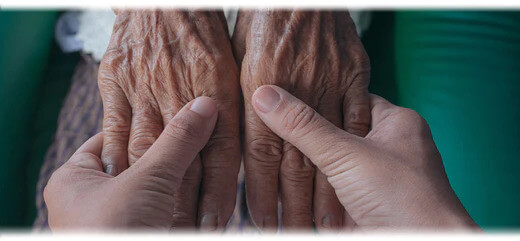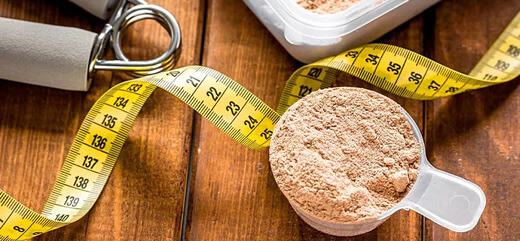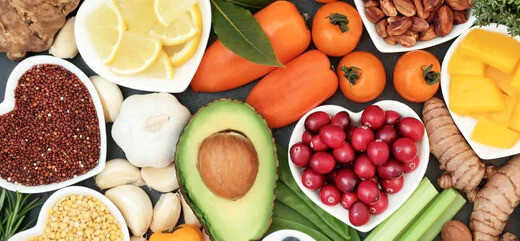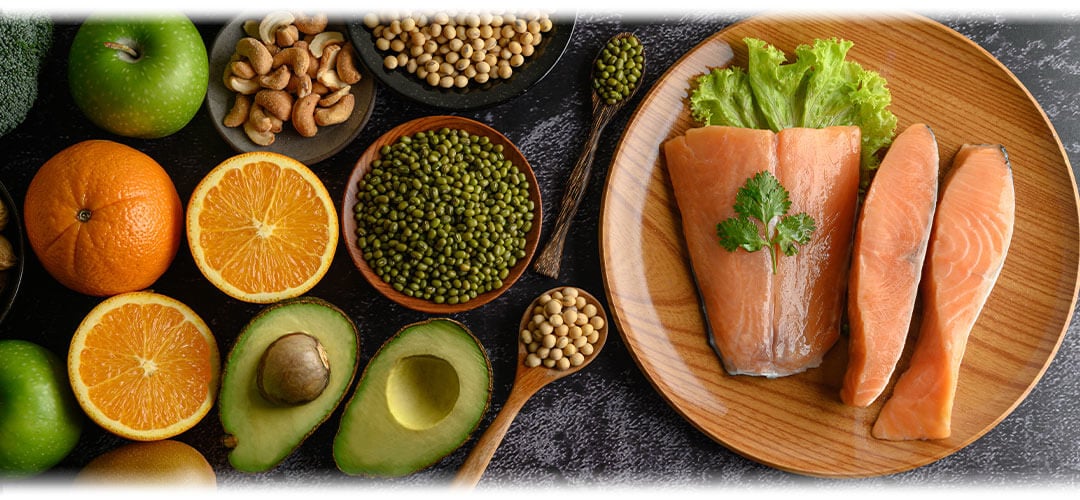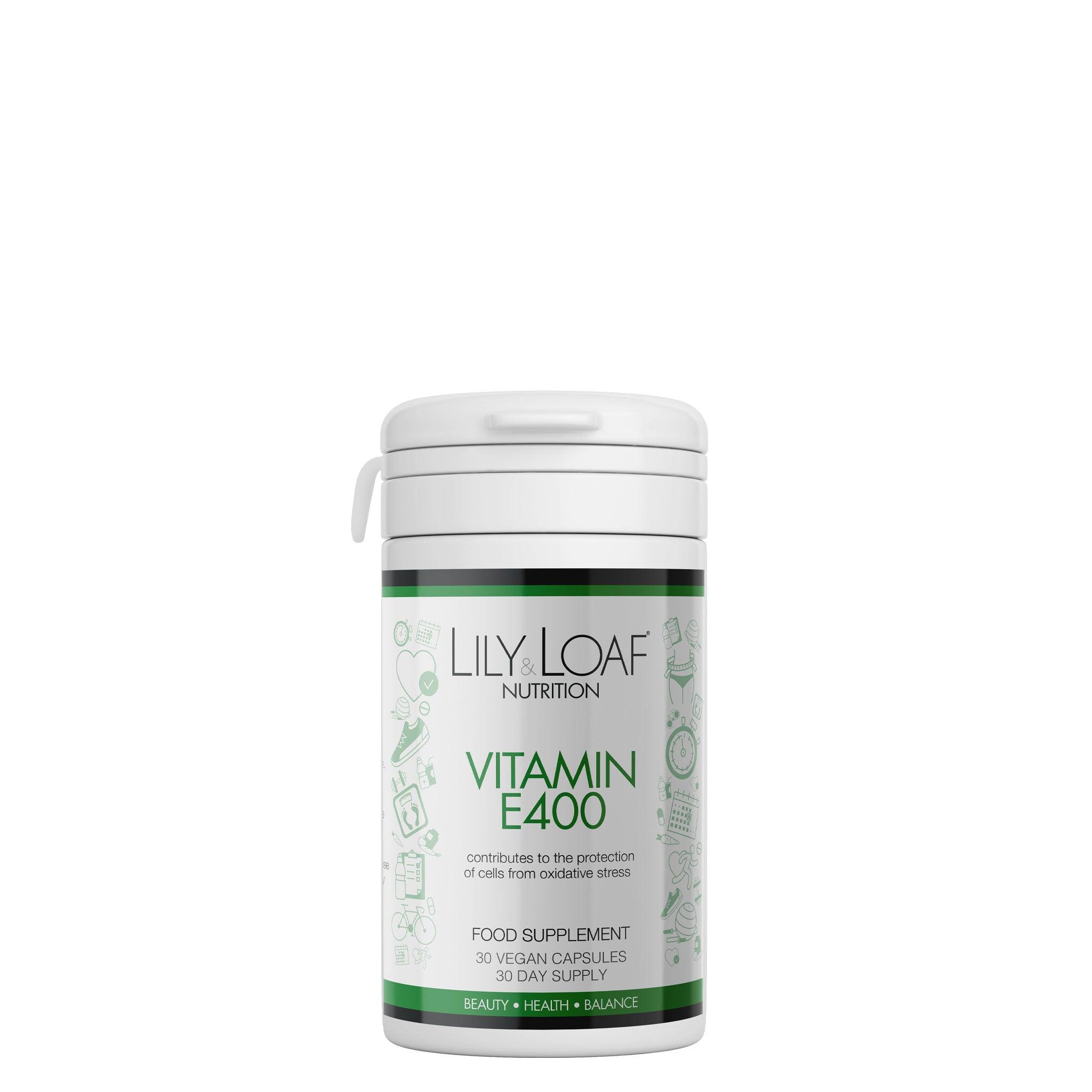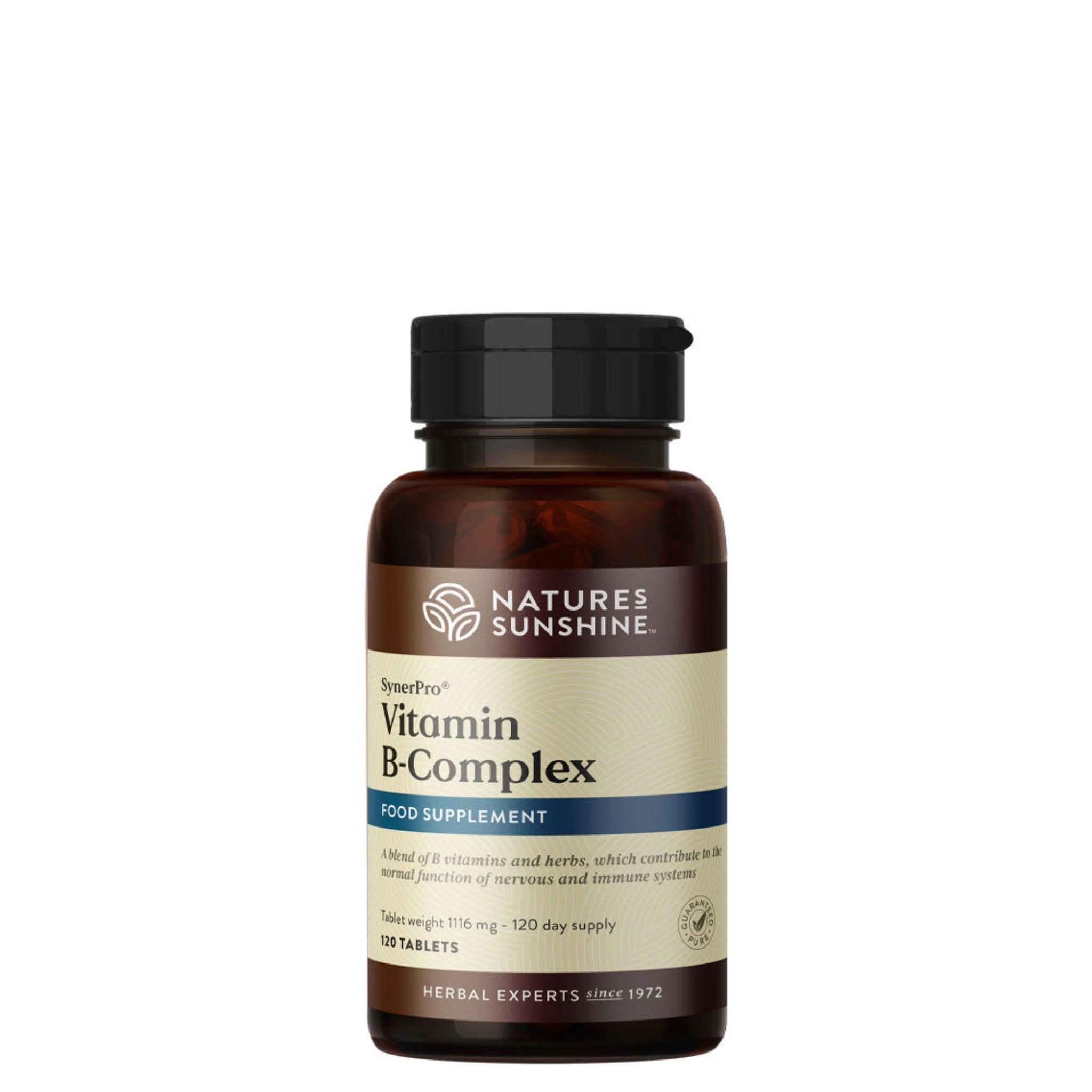
Vitamins are a vital part of any healthy diet.
They are found in minute amounts in the food you eat, which supplies the nutrition your body needs to function, build muscle and develop healthy skin, nails, hair, eyes, teeth and bones.
Vitamins play an essential role in supporting the health of your key body systems and good organ function, as well as helping to enhance your wellbeing and ward off illnesses. Unfortunately, your body can’t produce vitamins in sufficient amounts, so the only way you can obtain them is through a healthy, varied diet.
There are two types of vitamins – fat-soluble and water-soluble. Fat-soluble vitamins are absorbed by dietary fats in the intestinal tract and stored in the fatty tissue and liver. Your body can hold reserves of these vitamins for several days after they have been digested. Water-soluble vitamins don’t stay in the body for as long and can’t be stored. Any excess water-soluble vitamins get flushed away via the urinary system. Because you can’t store water-soluble vitamins, you need a more regular supply than fat-soluble ones.
No single food type contains all the essential nutrients the body needs to stay healthy and work correctly, so ensuring you eat a variety of foods is vital. Some foods are richer in specific vitamins than others. If you’re worried you are not getting the vitamins you need through your diet alone, natural supplementation can help top up any shortfall.
In this simple explainer, we take a closer look at each vitamin, what your body uses them for and how you can get your recommended daily allowance.
VITAMIN A
Vitamin A, also known as retinol, is a fat-soluble vitamin that supports several essential body functions. It supports your immune system, your body’s first line of defence against illness and infection. It also helps promote good eye and skin health.
Good natural sources of Vitamin A include cheese, eggs, oily fish, milk and yoghurt, liver and liver-based products such as pâté.
Vitamin A deficiency can result in eye health and sight issues. If you’re pregnant or trying for a baby, large amounts of Vitamin A can harm your unborn baby, so you should avoid eating foods that are rich in Vitamin A or taking supplements that contain it.

VITAMIN B COMPLEX
Vitamin B complex comprises eight individual vitamins (B1, B2, B3, B5, B6, B7, B9 and B12), which each play a vital role in ensuring your body operates as efficiently as it should. The B vitamins provide an array of health benefits.
B1 contributes to the heart’s normal function, while B2 and B12 help maintain normal red blood cells and Iron metabolism. B3 boosts cognitive and nervous system function, while B5 supports good mental function and helps the body synthesise steroid hormones and Vitamin D. B6 helps regulate normal hormonal activity, and protein and glycogen metabolism, while B7 boosts the metabolism and the nervous system. And B9 helps the body’s production of DNA and RNA.
The B vitamins are water-soluble and can be found in most dairy products, oily fish, lean meat and dark, leafy greens.
VITAMIN C
Vitamin C, or ascorbic acid, is an extremely potent natural antioxidant. It’s water-soluble and contributes to collagen production, bone formation and wound healing.
It also supports good immune system health, strengthens the blood vessels and helps the body to absorb iron.
Its powerful antioxidant properties help prevent the damage to your cells caused by oxidative stress. Lack of Vitamin C can cause bleeding gums, loss of teeth, poor tissue growth and slower wound healing.
And because it’s water-soluble, you need Vitamin C every day to ensure your body gets enough. Good natural sources include fresh fruit and vegetables, particularly citrus fruits, peppers and tomatoes. The cooking process destroys Vitamin C, though, so eating fruit and veg raw is the best way of ensuring you get the full benefit.
VITAMIN D
Vitamin D is a fat-soluble vitamin. It helps regulate the amount of Phosphate and Calcium in the body, for stronger bones, teeth and muscle.
A lack of Vitamin D can lead to skeletal defects including Rickets, Osteomalacia or a weakening or softening of the bones. In later life, these conditions can be chronic and debilitating.
While fatty fish, liver and mushrooms are good natural sources, your body produces most of the Vitamin D it needs when the skin is exposed to sunlight.
VITAMIN E
Vitamin E is fat-soluble and is a powerful natural antioxidant. It helps maintain healthy skin and eyes and strengthens the immune system.
It also helps prevent oxidative stress and undo the damage caused to your cells by harmful molecules called free radicals. Oxidative stress increases the risk of inflammation and can also make you more susceptible to a wide range of illnesses and diseases.
Good natural sources of Vitamin E include Kiwi Fruit, eggs, almonds, nuts and dark, leafy greens.

VITAMIN K
Vitamin K is fat-soluble and helps keep the blood healthy. It performs a vital function in the process of blood clotting and helping wounds to heal.
Low levels of Vitamin K can cause excess bleeding when you’re wounded or injured. This can also lead to increased nosebleeds, or blood being noticeable in your stools or urine.
Green leafy vegetables such as broccoli and spinach, vegetable oil and cereal grains are rich in Vitamin K.
Check out these links to our product and collection pages to find out more:
- Vitamins & Minerals
- Immune System
- Vitamin B Complex
- Antioxidants
- Vitamin C
- Vitamin D
- Hair, Skin & Nails



